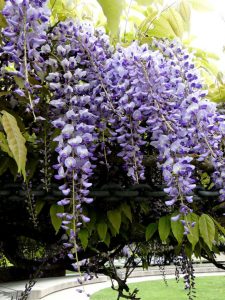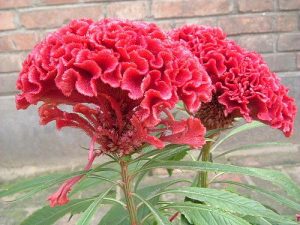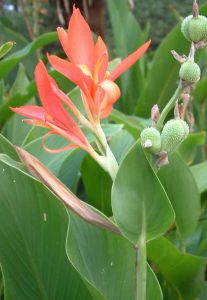ZHONG Lihe, “From the Old Country”
- Hoklo and Tangshan ren
- Japanese
- Hakka and yuanxiang ren (Old Country people)
- old-style village education
- Japanese school, Shina, Shina jin
- Father, brother
- 1937 Sino-Japanese War
- colonialism, the fatherland, revolution
YANG Mu, “Wild Olives” and “Love, Beauty, and Rebellion”
- wild Chinese olive tree
- anger and fear
- doctors, teachers, musical conductors, and the intelligentsia of the small community vs. the military and police
- slogan vs. the wisteria blossoms, the cockscombs and canna lilies
- a teacher from Hualien
- Teacher Feng
- Bunun
- Japanese, Taiwanese, Hakka, the “National Language” (Mandarin), dialects from all over China vs. Mount Qilai



YANG Mu, “Someone Asks Me a Question About Justice and Righteousness”
- (rain drips on banana leaves)
- ancestry
- (a black bird)
- Mandarin with a Taiwanese accent
- a Twentieth-Century Pear
- the rain has stopped
- sunlight from behind the banana trees
- his father, whose impassioned speech in a heavy accent even his own son couldn’t fully understand
- his mother taught him Japanese nursery rhymes
- moldy spots left by the rain in the corner
- false sunlight
- an eerie spider
- mosquitos in a dark cloud
- homesickness vs. birthmark
- dried-up lakes
- a pigeon
- a wasteland
- a storm

Recent Comments